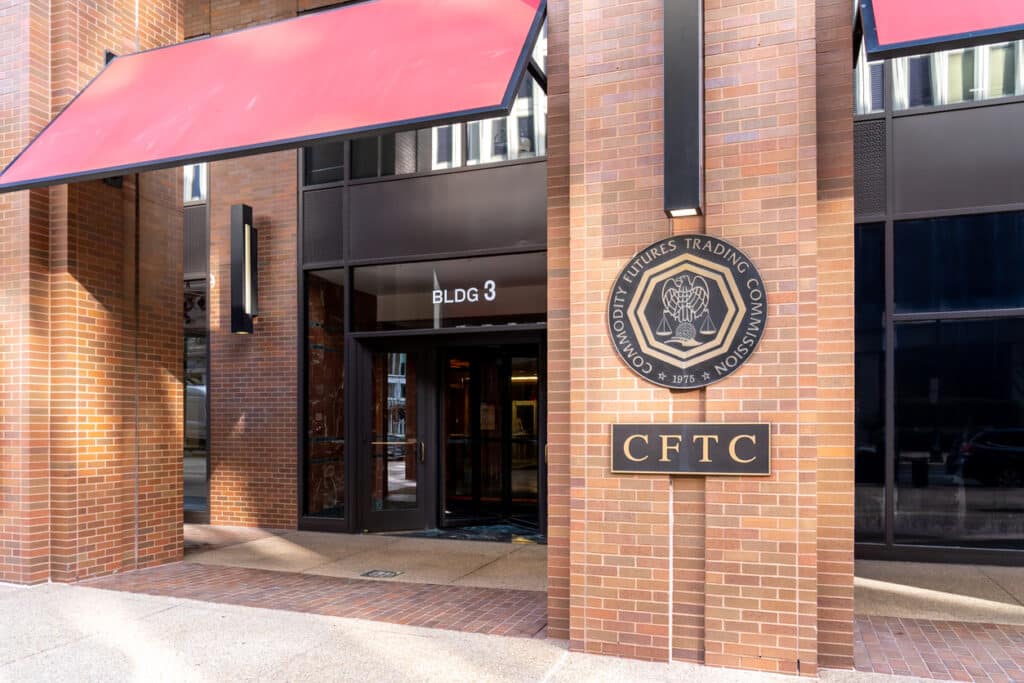The U.S. Commodity Futures Trading Commission (CFTC) is actively seeking whistleblower tips on fraud or manipulation in the carbon markets.
On June 20, the CFTC’s Whistleblower Office posted a Whistleblower Alert which explains that “individuals can become eligible for both financial awards and certain protections by identifying potential Commodity Exchange Act (CEA) violations connected to fraud or manipulation in the carbon markets.”
Through the CFTC Whistleblower Program, qualified whistleblowers, individuals who voluntarily provide original information that leads to a successful enforcement action, are entitled to a monetary award of 10-30% of the funds collected by the government.
According to the CFTC, Carbon markets (CMs) “support the transition to a low‐carbon economy through market‐based initiatives where carbon credits (a/k/a offsets) are purchased and sold either in an over‐the‐counter market or on spot exchanges.” The alert further explains that “carbon credits are the underlying commodity for futures contracts that are listed on CFTC designated contract markets (DCMs).”
Because carbon credits are a commodity, the CFTC has enforcement authority and regulatory oversight over them. “CFTC jurisdiction also applies to carbon allowances and other environmental commodities products that are linked to futures contracts,” the alert further clarifies.
The CFTC’s alert lays out different forms of carbon market misconduct that whistleblowers can report to the CFTC:
- Manipulative and wash trading or other violations of the CEA in CM futures contracts.
- Fraud in the underlying spot markets related to ghost (a/k/a illusory) credits listed on carbon market registries.
- Double counting or other fraud related to carbon credits.
- Fraudulent statements relating to material terms of the carbon credit, including, but not limited to: quality, quantity, additionality, project type, methodology substantiating the emissions claim, environmental benefits, the permanence or duration, or the buffer pool.
- Manipulation of tokenized carbon markets.
Other Whistleblower Alerts posted by the CFTC include Spoofing, Violations of the Bank Secrecy Act, Insider trading, Corrupt practices and Virtual currency fraud.
Since the CFTC Whistleblower Program was established in 2010, whistleblower tips have allowed the CFTC to recover over $1 billion from fraudsters. The program has in turn paid out over $330 million in whistleblower awards.
In March 8, Rostin Behnam, Chairman of the CFTC, testified before the U.S. Senate Committee on Agriculture, Nutrition, & Forestry. During his testimony, Behnam expressed his belief that the fund which finances the CFTC Whistleblower Program needs a “long-term fix.”
Further Reading:
CFTC Whistleblower Alert: Blow the Whistle on Fraud or Market Manipulation in the Carbon Markets
